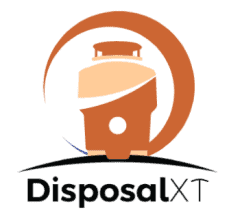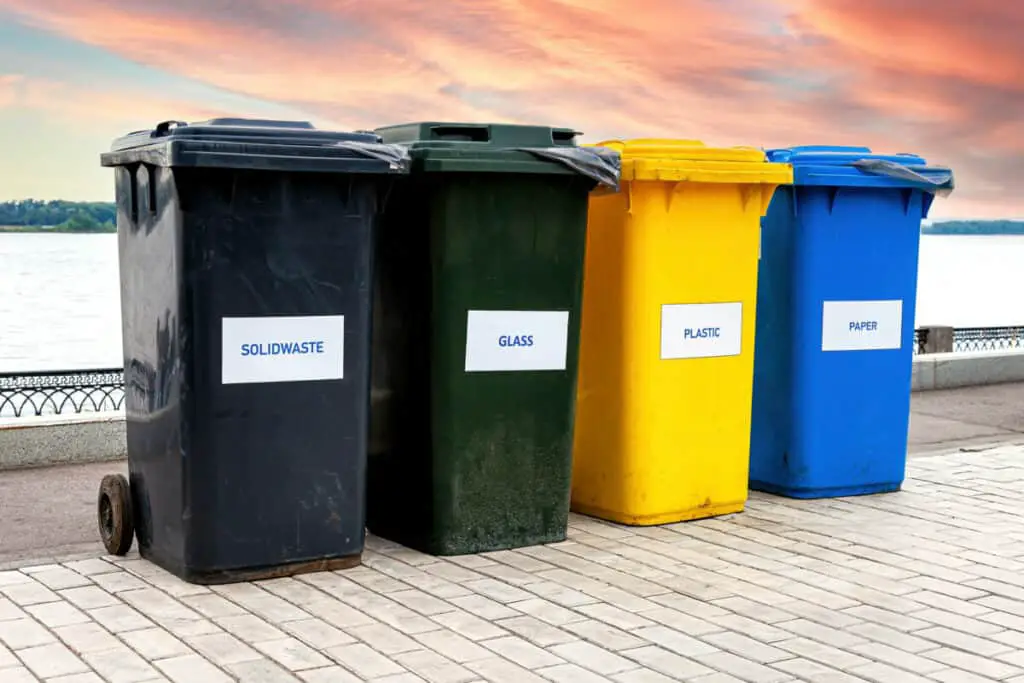
Everyone has trash, and there’s nothing wrong with that. However, there is something wrong if we are unaware of the laws on how to manage and dispose of trash. This might be surprising to you, but there are laws for almost everything we do in life, and one of them is focused on how we are to recycle.
The recycling laws in Florida are focused on keeping air pollution out, proof of ownership of certain recycled materials, the duties of agencies involved in management, and many more. Florida also has different laws and regulations regarding different waste types, such as cardboard and metal.
Each state has its own laws, and Florida has their fair share of unique laws that are only applicable to them and should be noted. You may not be aware of such but here we hope to bring some of these Floridian recycling laws to light and perhaps, in turn, you may put them into practice the next time you visit the state of Florida.
Air Pollution
First up in this discussion is the concept of air pollution and why Florida is wanting to reduce their own issues of possible air pollution. The Pollution Prevention Act in Florida is mainly concerned with reducing the pollution present in our everyday lives through more cost-efficient methods that want to eliminate it completely rather than trying to control it or clean it up afterward.
Florida right now has a system called the Spatial Air Quality System or SAQS. This is basically a monitoring system that monitors and detects any abnormalities in the air that is the result of hazardous materials such as carbon monoxide, nitrogen dioxide, and sulfur. Many more materials will contribute to the air pollution that is ongoing and needs to be stopped. So far, the pollution quality in most of Florida is good with some rare instances of a more moderate occurrence near the northside. This is conveniently enough, near other states that may produce worse pollution that simmers onto the Floridian border.
According to Florida’s definition of hazardous waste, it is any waste that can produce an ignition, corrosion, reaction, and toxins. These four attributes of hazardous material are to be inspected and carefully disposed of according to the laws in Florida. As to how we can properly trash such hazardous materials, we are to trash them in areas that are approved and authorized by the Department of Environmental Protection, Environmental Protection Agency, or another that may allow for more lenient solutions to Florida’s pollution problem.
Regardless of the quantity or quality of the hazardous waste, all waste that indicates its hazard-ness must designate all wasted materials to their appropriate locations, again approved and authorized by either the DEP or EPA. Leaving such waste in areas such as in a septic tank or simply on the ground creates more strains on the companies in charge of hazardous waste. So, it is best to recycle them and reduce strains for those trying to keep the pollution in check. Punishments may be brought forth upon those who ignore the caution of hazardous waste and even those in charge of dealing with these materials such as those DEP and EPA-owned facilities.
Proof of Ownership for Metal Materials
In the state of Florida, residents are now required to show proof of ownership for any metallic materials recycled. Yep, you heard me right! These materials can include stainless steel materials, aluminum materials, a catalytic converter, some bronze water control valves, shopping carts, street signs, and anything else that may contain metallic attributes to them. Florida’s 2012 Statutes in the 538th chapter, detail the concept of ownership of metallic materials and how one is to recycle them. It also discusses how one successfully fulfills their duties to recycle these materials by either the recycler or those in charge of receiving the materials.
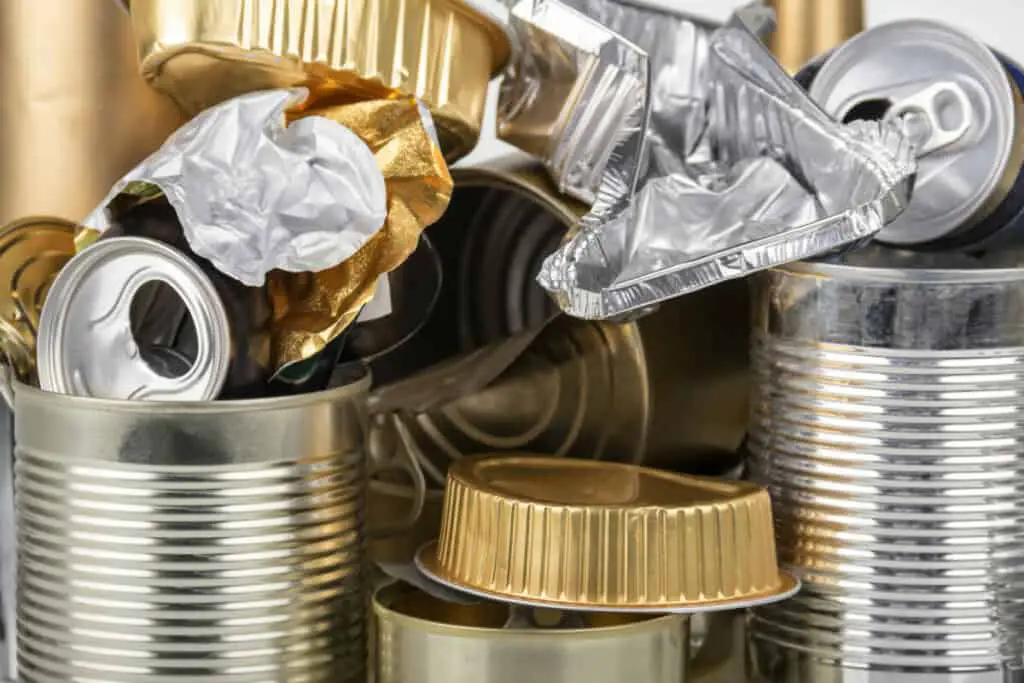
Metallic material in general is seen by most as another piece of trash that does not contribute to society in any significant ways. However, this is wrong. Having special regulations for these metal pieces is for the sole purpose of promoting a more eco-friendly environment and through the “use and reuse” method, we are repurposing old materials for hopefully better use for them. And, as well as hazardous waste, metallic waste can contribute to the overall pollution issues that Florida and many other states have.
The main reason why people are required to show proof of ownership over these materials is for the sake of preventing any scrapper from exploiting the business by selling their metallic products in favor of cash and developing their own shady business. Methods of proof can be having a simple record of the transaction made to keep track of the sales, fingerprints of the seller is relative to the product they disposed of, any signatures, and possibly may require any form of legal identification such as a state ID or a driver’s license.
All proof of ownership reduces the likelihood someone will sell their metals as scraps illegally and considering metallic materials are scarce yet valuable, it is no surprise someone may go beyond the law and take matters into their own hands through lawbreaking and dishonesty. Overall, make sure when you decide to sell metallic parts, that all parts are in your possession until the fulfillment of the transaction towards a disposal company.
Solid Wastes
Returning to the 2013 Florida Statutes, section 403, shares some definitions of different types of waste that we can learn from. First off, solid waste is defined as any unregulated materials that are the results of sludge, water, air, and all other discarded materials. This definition may seem vague but most of the materials we throw away are considered solid waste unless we are specifically aiming to recycle a particular material, then it may require extra effort to find the proper method to dispose of it. Now that we have briefly defined solid waste, the same section of the 2013 Florida Statutes, describes also various kinds of solid wastes.
One kind is biomedical waste, and this is defined as any waste that can produce any infectious harm to a human. Another is biological waste which is focused on the potential disease and infections within both animals and humans. Clean debris is what the name suggests, any debris that is “clean” or in other words, will most likely not have any significant harm to the environment and those surrounding it whether animals or humans. Construction and demolition debris is focused more on materials that are also not harmful to the environment but also can be dissolved through water means. Finally, special wastes are any other wastes that require a more careful inspection and handling to properly dispose of.
Though there are no specific concrete laws focusing on the specifics of each type of solid waste, it is up to the individual to make an educated and critical judgment on what would be the best option to dispose of each type. Special waste may be the only type of solid waste that may require consulting a professional landfill, disposal, and other recycling business. There is, however, a general solid waste management program that states basic guidelines as to how to conduct business that involves any solid wastes and the assistance needed whether to provide any further information on specific solid wastes.
But other than this, the program only gives us a general idea of what we can do. Any specifics are based on the judgment of the person in needing to recycle properly.
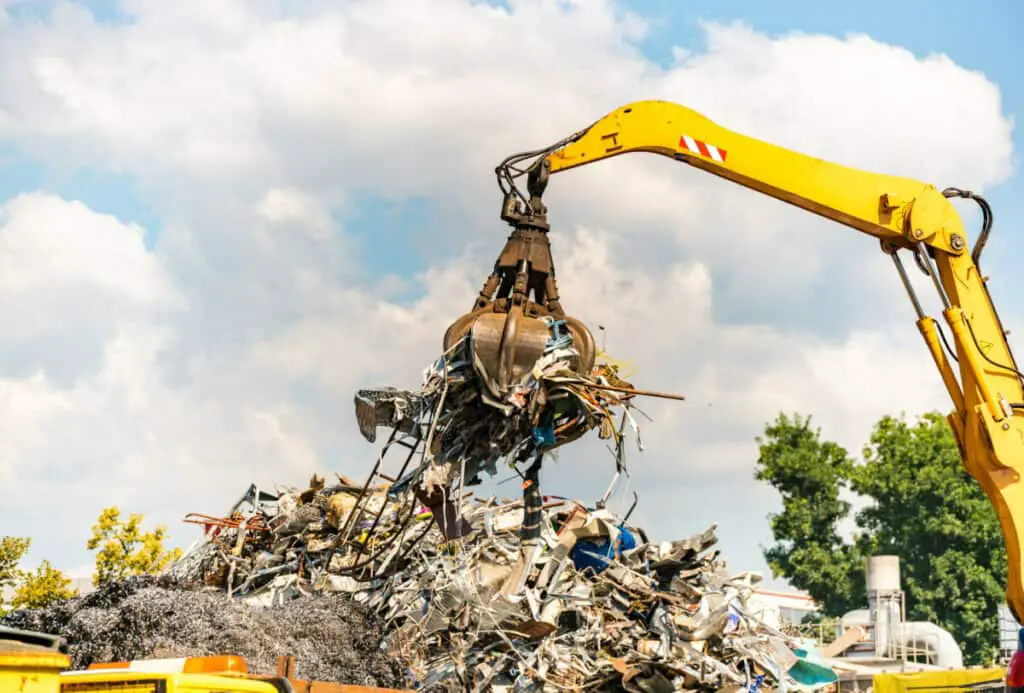
Duties of Recycling Agencies
In Florida, recycling agencies have their own terms and conditions and other regulations they must follow to ensure the promotion of a clean environment and to prevent any mistreatment of any recycled goods. For example, the 2013 Florida Statute, section 403, describes the business practice and other responsibilities that the Department of Environmental Protection has over the state of Florida.
They are to regulate the transactions and provide necessary and appropriate locations to conduct their business while adhering to the state’s law regarding pollution control and other waste management. Currently, Florida has a 75% recycling goal and all businesses involved in waste management must promote and find new methods that further reach such a goal.
Other business practices involve the proper evaluations of the materials that are being brought in and having thorough inspections to ensure their contribution to the environment or to reduce harm to the environment. Another is the proper transportation of these materials to their designated locations for other distributions if any. As said earlier, they are most likely to keep a record of all the transactions made by both the seller and buyer and fill out a paper required to legitimize the transaction and their business. Lastly, as an example of the general duties of an environmental protection agency, they must always promote their goals and reflect their goals towards the states and even the countries.
All funds and encouragement are for the sole purpose of moving forward with these goals and hope to change the environment through perseverance and care. Any company that does not reflect the interest in environmental growth and in conjunction with other federal and state goals may be revised or even dismantled and establish a new business that follows through on the environmental protection ideals.
As a final add-on to this segment is the idea of recovered materials. Recovered materials are materials that are expected to be reused and have a new purpose for those materials. The process remains the same in terms of evaluating the materials expected to be recovered and keeping records and other precautions to ensure the legitimacy of the transaction.
The only difference between solid wastes and other wastes compared to recovered materials is that once the material that is acting as a recovered is processed and fulfilled, that material is no longer under the jurisdiction of the initial disposal or recycling business and must be reorganized with a company that specializes in the “recovery” process. Separating the material from others that aren’t yet fully processed in the recovery process is the main difference. While all other wastes are processed through the same business, the recovery material must shift from one to the other.
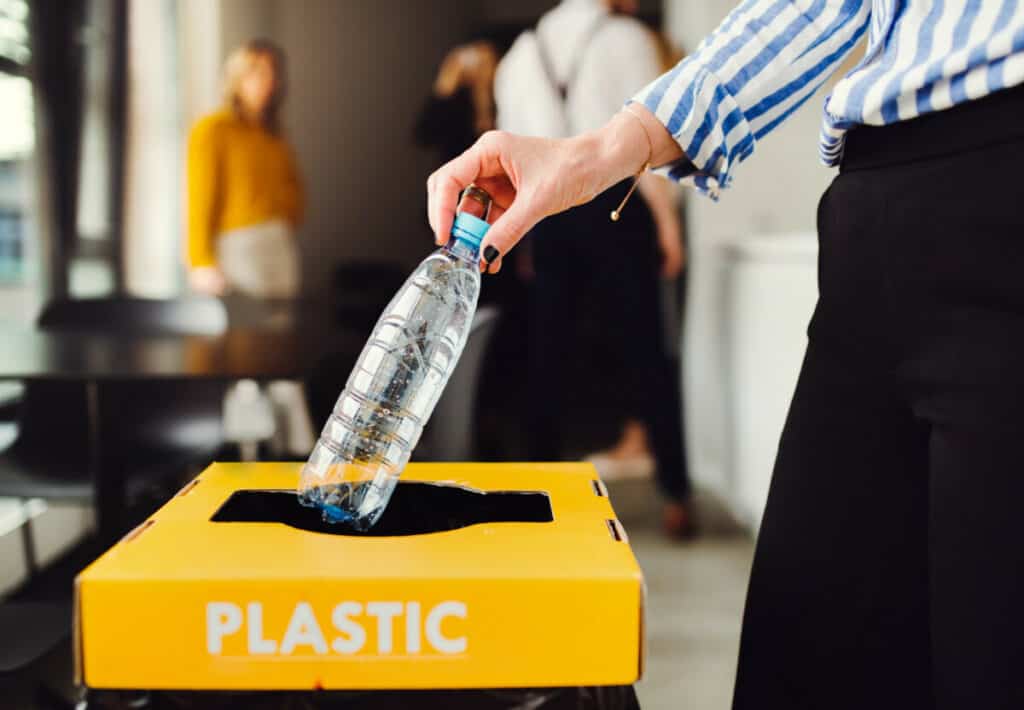
Other Regulations
These may not be concrete laws, but they are regulations that we should follow in order for the local recycling business to do their jobs and allow them to comply with what the federal and state expects from them. These are also common rules and regulations we should all be aware of regardless of the location since all states are similar in these procedures.
According to Monroe County, Florida, there are some simple do’s and don’ts when it comes to recycling. For example, cans, cartons, glass, paper, and plastic of any kind are all subjects that can be considered recycled and safely able to be disposed of in any recycling dump wherever. In their specifics, cans must be emptied and rinsed out as well as both cartons, glass (glass bottles), and plastic bottles. If it has a cap, we are to trash them separately from the container it was once with.
For paper, cardboard is the type we should always break down as much as possible for convenience and safe storage within the dump. Now focusing on what Monroe County tells us not to do: We are not to bag our recyclables and no other garbage that is not considered any of the recently mentioned recyclable. Plastic bags are also not applicable and are suggested to return the plastic bag to the retailer if possible. This one should be obvious but no food or liquid and much as consumed or trashed as garbage. Clothing is also prohibited and is recommended for donation purposes.
Finally, no tanglers which include any hoses, wires, chains, and any other electronics. These should be received at specific places that are appropriate to recycle rather than a convenient recycling dump.
Hopefully, this brief article provided new information about recycling laws in Florida and potentially laws for other states that this can be translated. Overall, be smart in how you recycle and always conform to the local laws and regulations of the state wherever you reside or visit.
Related Topics:
If you like the article above, here are some other similar articles you should check out!
What Should I Do with Expired Sunscreen
